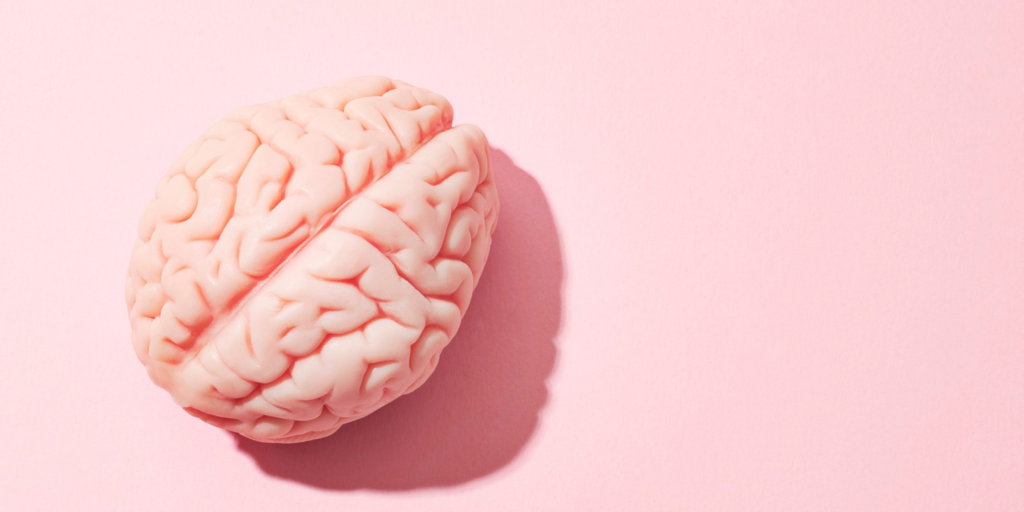Better Mind Better Me

Have you ever found yourself planning a holiday or changing your career with the belief that this change in space – however time limited – will make things better by helping you escape your troubles and take all your cares away? Perhaps for you it’s more about going home and watching the latest Netflix series or picking up a glass of wine at the end of the day. These actions are all taken with the sense that it will make things easier and provide relief.
When it comes to achieving the change we want to see for ourselves, we often fall into the trap of focusing on our external environment. Whilst this type of change is not without its merits, the phrase ‘the more things change the more they stay the same’ comes to mind. True change – the type of change that will sustain you – comes from within.
We have become entrenched in these behaviours and actions that support and allow for relief, no matter how fleeting the experience. Over time, the consequences of this can lead to a sense of imbalance and dissatisfaction in our lives.
There are four key pillars that are fundamental in maintaining our overall mental health and wellbeing.
Mind & Mental Wellbeing
When we think about mental health there is often a preconceived association with mental illness or a ‘problem’ requiring treatment or resolution. Whilst this does apply in some cases, it is important that we also recognise and accept mental health as a fundamental pillar in our overall wellbeing and the proactive steps we can take to maintain healthy functioning in our daily lives.
In much the same way that we must take action to nurture, sustain, and enhance our physical health, we also need to apply the same approach to our mind and mental health. A great example of this is engaging a personal trainer to improve fitness – but what do we do to improve our mental state?
Strategies such as engaging in self-care activities regularly and consistently, reflective practice through journaling to support emotion regulation, and mindfulness to calm your mind, can all assist in improving your mental wellbeing.
Body & Physical Health
Physical activity is not only a great way to keep you physically health but can also improve your mental wellbeing. Research has shown our physical health and mental health are interconnected. Our body and minds are not separate.
There is a positive effect of physical health on mental health and vice versa. Becoming more conscious of your physical health and the consequences of your choices can lead to positive outcomes for your mental health, and a better mental health status can lead to more physical activity and healthy lifestyle choices. Regular activity, whether it is an hour, 30 minutes, or even five is an investment in your mind and body.
There are several activities we can undertake to improve our body and physical health, including maintaining a good bedtime routine to clear the mind and body of the day’s stressors, maintaining good nutrition, and completing stretching activities to relieve tension, reduce stress, and increase blood circulation.
Spirit & Happiness
Stop and make the time to appreciate what you have. We often focus on what isn’t working, what we don’t have, what we believe we deserve to have. The more time spent considering this the more we are likely to become stuck and disgruntled with our lives. You don’t need to look hard or high for things to be grateful for, you don’t even need for your experiences to be positive to find gratitude within them. We can be grateful for our capacity for compassion and sense of responsibility to others during difficult times, for waking up to a blue sky or for the friendly smile and wave hello from a neighbour.
Our spiritual health which incorporates our beliefs, attitudes and values, is an important pillar of our overall mental wellbeing. Our connection with our spiritual health has been shown to positively impact our capacity for emotion regulation improving mental health. It can play a role in calming one’s mind and giving a positive attitude.
Connecting with your community through giving back or practicing gratitude each day are two strategies to focus on your spiritual health to bring a positive effect on mental health and wellbeing. Another strategy is identifying and clarifying your values to reduce emotional distress and create intentions and healthy behaviours.
Relationships & Support Networks
Having friends and social connections with others is good for your health and wellbeing. There are many proven benefits of social connections including lowering anxiety and depression, increasing self-esteem, developing higher levels of empathy and increasing trust.
Increase your awareness of the relationships and connections you have. Observe who you are in these relationships, what you bring to them, receive from them, and get given in return. Choose to make time for the people who matter the most, who support you and provide you with an opportunity to be the best version of you. Cultivate these relationships; they are worth the time and energy you place into them.
Increasing our sense of social connection doesn’t have to come from making friends or increasing our network – it can come from strengthening our existing relationships. Social connections include our intimate connections, such as family and friends, relational connections like those who we see regularly at work, and our collective connections we have with people who we share a group membership or affiliation with.
Final Words
Roman Emperor, Marcus Aurelius once wrote, “You have power over your mind, not outside events. Realise this and you will find strength”.
Investing in yourself is not just for a day or a week, but rather a lifetime. No matter where you are in life, what experiences you’ve had, or responsibilities and commitments you hold, you are of value and the time you take is time well spent.
